Urban areas face unique challenges when it comes to sewer line replacement, from navigating crowded infrastructure to minimizing disruptions for residents and businesses. Traditional methods often involve extensive digging, road closures, and lengthy timelines, creating inconvenience and high costs. Modular sewer systems offer a modern, efficient solution that simplifies the process. These innovative systems use flexible, pre-engineered components to streamline installation and reduce invasiveness. In this educational guide, we’ll explore how modular sewer systems work, their benefits for urban environments, and why they’re transforming plumbing practices. From cost savings to environmental advantages, this article covers everything you need to know about upgrading sewer systems in cities, complete with a detailed process overview and answers to common questions.
What Are Modular Sewer Systems?
Modular sewer systems are advanced, pre-fabricated pipe systems designed to simplify sewer line replacement in complex urban settings. Unlike traditional rigid pipes, these systems use interlocking segments made from durable materials like PVC or HDPE, which resist corrosion and wear. Their modular design allows for easy assembly on-site, adapting to tight spaces, bends, or existing infrastructure. Often installed using trenchless technology, modular systems minimize excavation, making them ideal for cities with dense layouts or sensitive environments. They’re versatile enough for residential, commercial, or municipal projects, offering a faster, more flexible alternative to conventional sewer repair methods. This makes them a go-to solution for modernizing aging urban sewer systems.
Challenges of Sewer Line Replacement in Urban Areas
Sewer line replacement in urban environments is fraught with obstacles. Dense infrastructure, including underground utilities, limits access for heavy equipment. Aging sewer systems, often decades old, suffer from issues like clogs, leaks, and root intrusion, necessitating frequent repairs. Traditional replacement methods require digging trenches, which disrupt traffic, damage landscapes, and increase project costs. Urban regulations, such as permitting requirements or restrictions in historic districts, add complexity and delays. Environmental concerns, like soil disturbance or runoff, further complicate projects in cities striving for sustainability. Modular sewer systems address these challenges by offering a less invasive, adaptable approach that reduces disruption while meeting the demands of urban infrastructure upgrades.
How Modular Sewer Systems Work
Modular sewer systems use pre-engineered pipe segments that connect like puzzle pieces, allowing for seamless installation in challenging urban environments. These systems are typically installed using trenchless methods, such as pipe bursting or cured-in-place pipe (CIPP) lining, which require minimal digging. The process begins with a video inspection to assess the existing sewer line’s condition. Small access points are then created to insert the modular components, which are designed to navigate curves and obstacles. Advanced tools, like robotic cutters and cameras, ensure precise placement and alignment. The result is a durable, leak-proof pipeline that integrates with existing infrastructure. This approach significantly reduces project timelines and surface disruption, making it ideal for busy urban areas with limited space for construction.
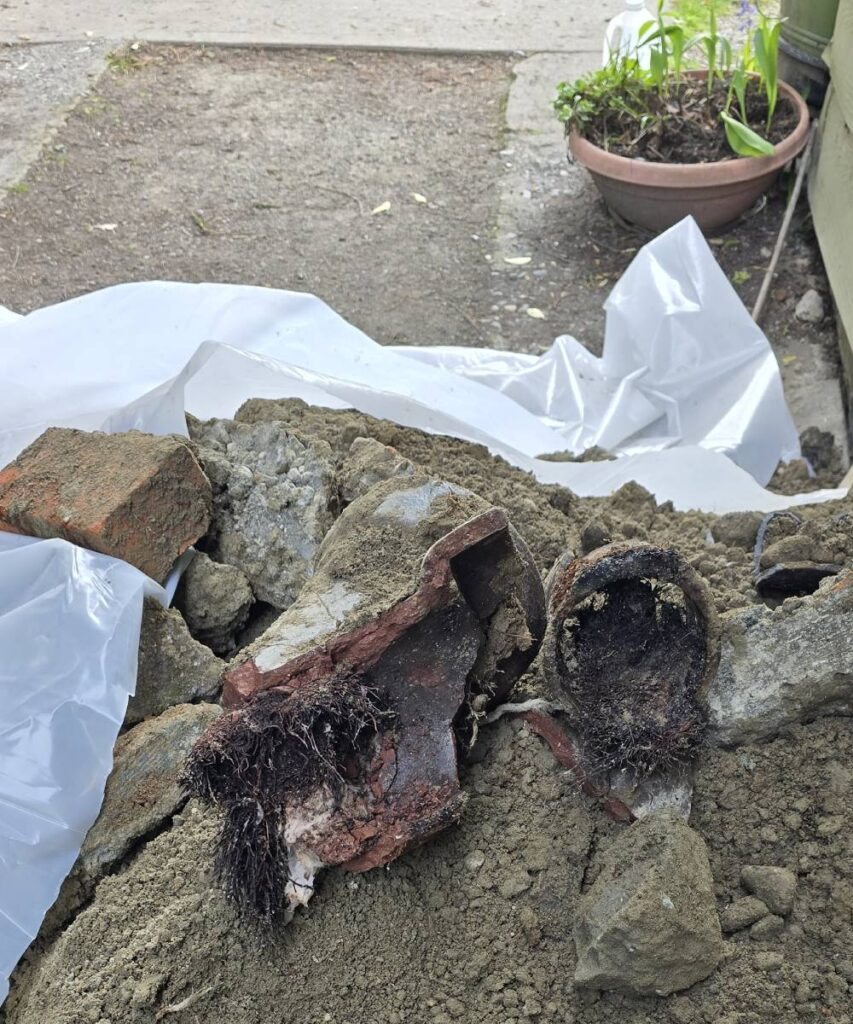
Benefits of Modular Sewer Systems for Urban Plumbing
Modular sewer systems offer significant advantages for urban plumbing projects:
- Minimal Disruption: Trenchless installation reduces road closures and property damage, ideal for busy city streets.
- Cost Savings: Faster installation and reduced labor needs lower overall project costs compared to traditional methods.
- Durability: Corrosion-resistant materials like HDPE ensure long-lasting performance, even in harsh urban conditions.
- Environmental Benefits: Less excavation minimizes soil disturbance and runoff, supporting sustainable urban development.
- Flexibility: Modular designs adapt to complex layouts, making them suitable for both modern and older urban areas.
These benefits make modular systems a smart choice for cities looking to upgrade their sewer infrastructure efficiently and sustainably.
The Process of Replacing Sewer Lines with Modular Systems
Replacing sewer lines with modular systems is a streamlined process. It starts with a video inspection to identify issues like cracks, blockages, or root intrusion in the existing pipeline. Next, technicians create small access points at strategic locations to insert modular pipe segments. Using trenchless techniques like pipe bursting, the old pipe is broken apart while the new modular system is pulled or pushed into place. The segments lock together securely, forming a continuous, durable pipeline. Post-installation, the system is tested for leaks and functionality to ensure optimal performance. This process is typically completed in days, not weeks, minimizing disruption to urban neighborhoods. The adaptability of modular systems makes them ideal for navigating around utilities, foundations, or other obstacles common in city environments.
Environmental and Cost Advantages
Modular sewer systems are environmentally friendly, requiring less excavation than traditional methods, which reduces soil disturbance and runoff into waterways. This aligns with urban sustainability goals by lowering the environmental footprint of plumbing projects. Additionally, the reduced need for heavy machinery cuts carbon emissions. From a cost perspective, modular systems save money by shortening project timelines, minimizing labor, and reducing permitting expenses. Their durability also lowers long-term maintenance costs, as materials like HDPE resist corrosion and wear. For property owners and municipalities, modular systems offer a cost-effective, eco-conscious solution for modernizing urban sewer infrastructure.
Conclusion
Modular sewer systems are revolutionizing sewer line replacement in urban areas, offering a faster, less invasive, and more sustainable solution. By addressing the challenges of dense infrastructure and environmental concerns, these systems provide a reliable way to upgrade aging sewer lines with minimal disruption. Whether for residential, commercial, or municipal projects, modular systems deliver cost savings, durability, and adaptability. For expert plumbing services, trust KnightRooter. Specializing in sewer line replacement and cleaning, KnightRooter delivers professional, high-quality solutions tailored to your needs. Contact KnightRooter today to ensure your plumbing system runs smoothly and efficiently.
Explore More Resources
For more information on sewer line maintenance and repair, visit our service pages:
- Sewer Line Replacement Everett
- Sewer LineReplacement Edmonds
- Sewer Line Replacement Seattle
- Sewer Line Replacement Bothell
- Sewer Line Replacement Kirkland
- Sewer Line Replacement Lynnwood
- Sewer Line Replacement Woodinville
- Sewer Line Replacement Snohomish
- Sewer Line Replacement Bellevue
FAQ
1. What are modular sewer systems?
Modular sewer systems are pre-fabricated, interlocking pipe segments installed via trenchless methods, reducing excavation and disruption compared to traditional pipes.
2. Why are modular systems better for urban areas?
Their flexibility and trenchless installation minimize surface disruption, making them ideal for dense city environments with limited space.
3. How long does a modular sewer system replacement take?
Most projects are completed in a few days, depending on the pipeline’s length and complexity, much faster than traditional methods.
4. Are modular sewer systems eco-friendly?
Yes, they reduce excavation, runoff, and emissions, using durable, recyclable materials that support sustainable urban development.
5. Can modular systems handle heavy water flow?
Absolutely, their robust design and secure connections are built to manage high water volumes and resist leaks.
For professional and fast drain cleaning Bothell, drain cleaning Seattle, and drain cleaning Bellevue, contact KnightRooter. Our team is ready to provide the best solutions for your drain issues.

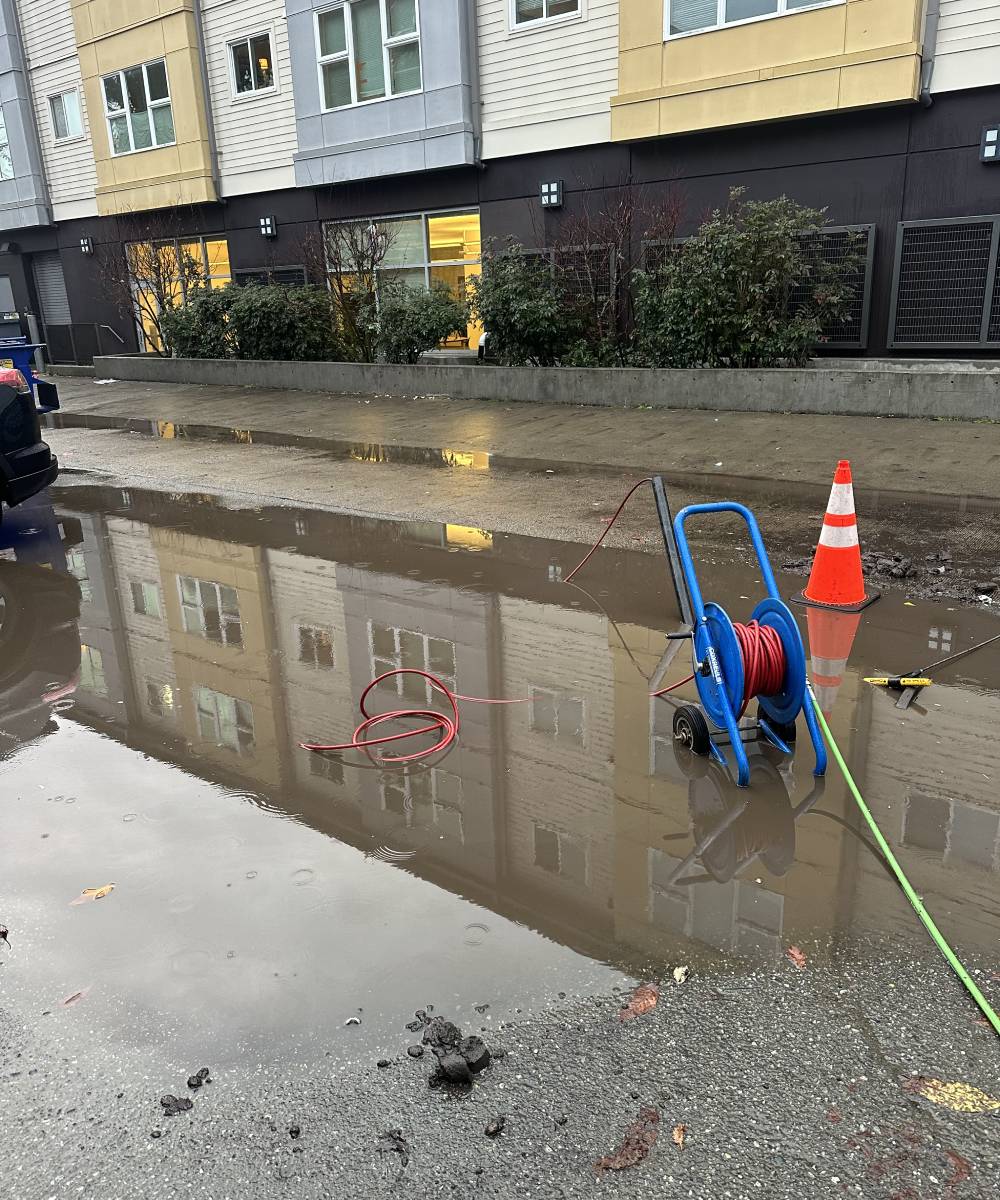
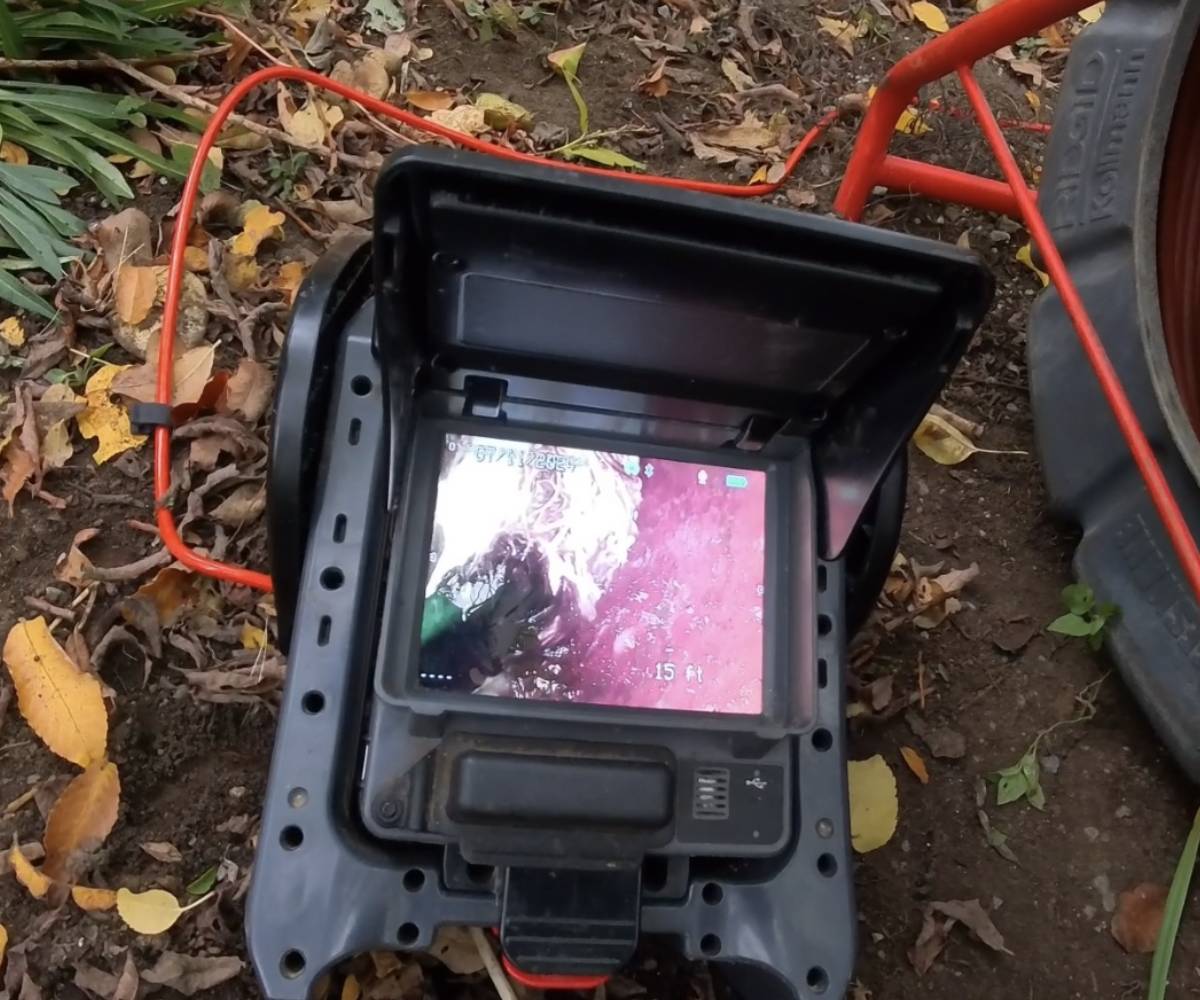
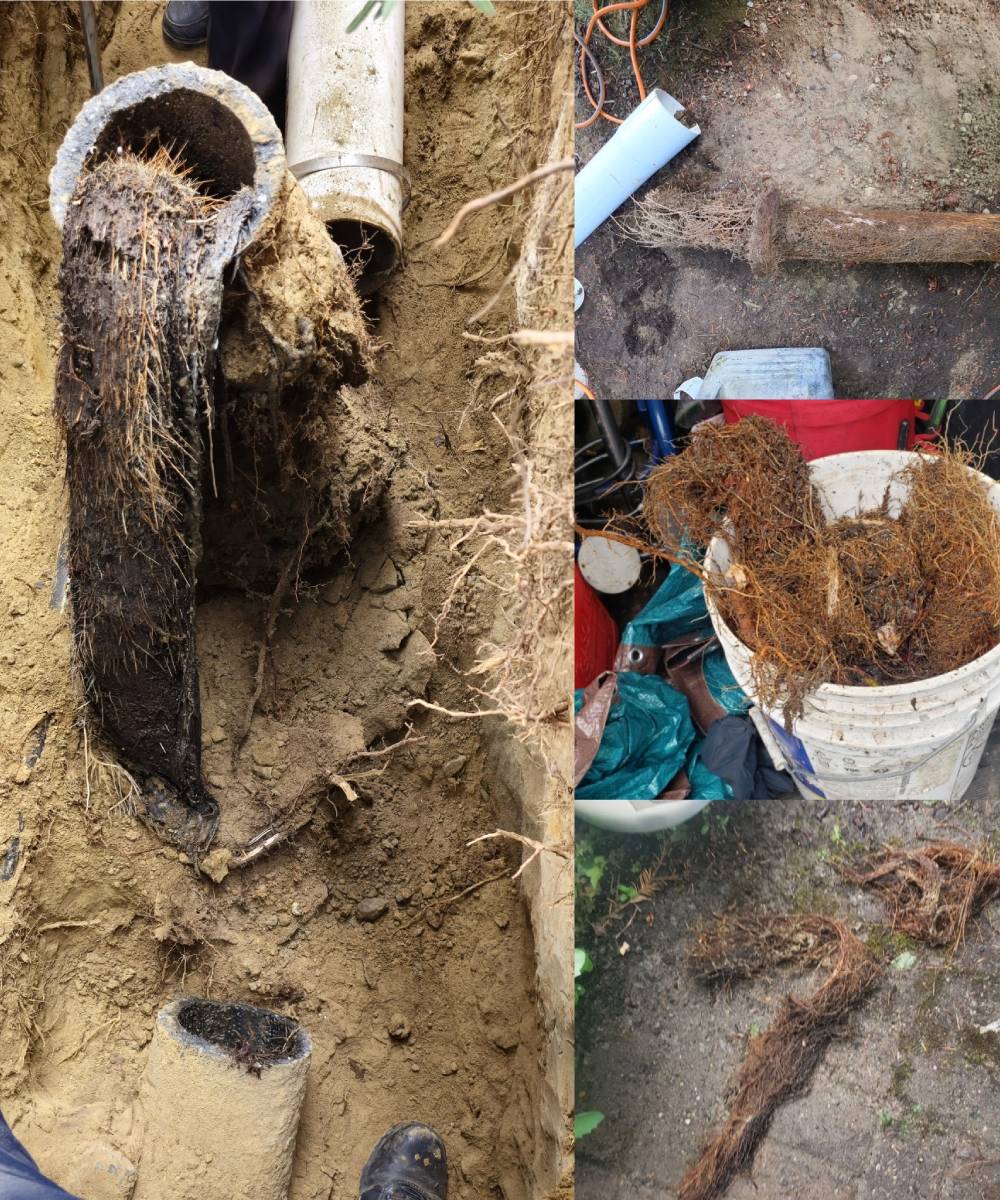
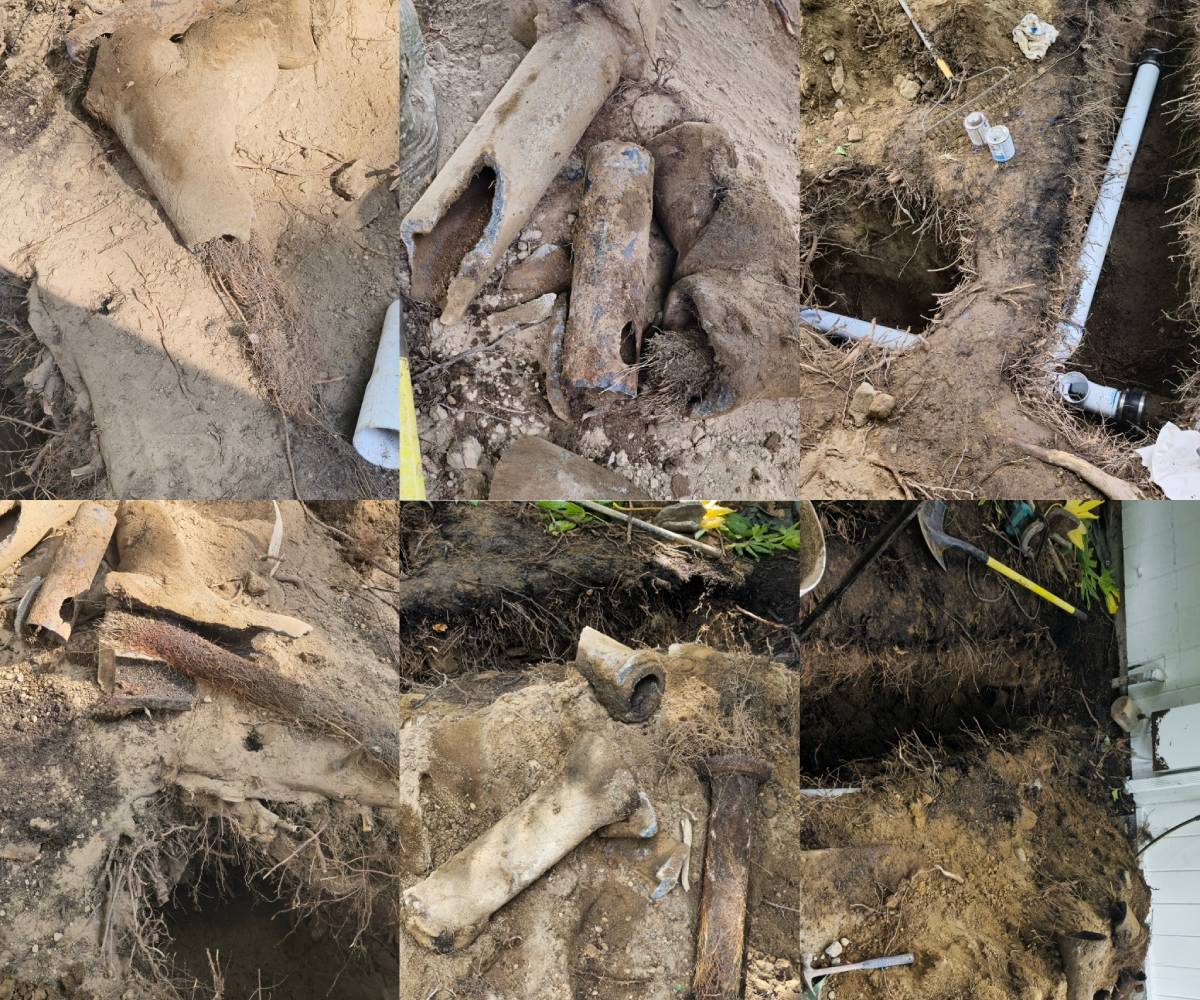
No comment yet, add your voice below!